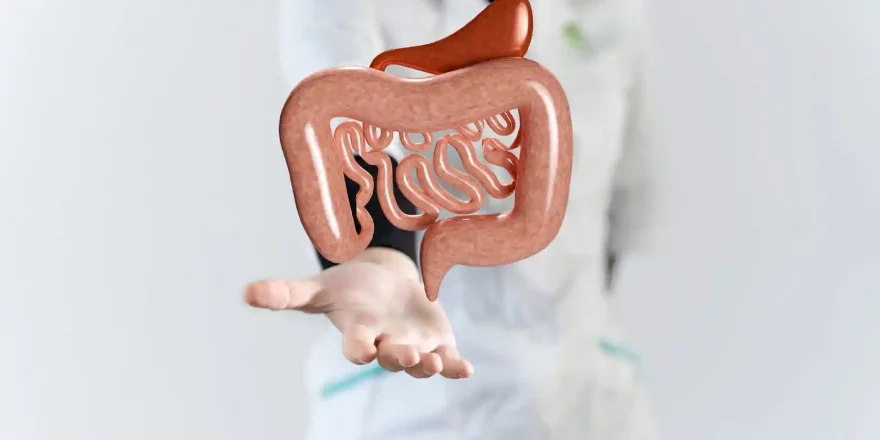Age alters conception rates because hormone levels, sexual reserves and structures change over time. This is true for both sexes, and most women experience a gradual fall in fertility from their late teens to about 32 as egg numbers fall. This trend escalates from about 35, as egg numbers become increasingly important. i However, male fertilit...
Emotions and Fertility
Emotions directly affect fertility levels, which can be a challenge, as getting pregnant is both an emotional and a physical journey. The emotional ride varies from person to person, but after a year of trying and no conception, the emotional journey gets tougher for everyone. The word “infertility” starts to be used, and expectati...
Exercise and Fertility
Exercise directly affects health and fertility, making it a great tool to improve hormone levels, adjust weight and reduce appetite. Excess weight is the problem most people face, and increasing exercise improves the fertility of most men and women, but we’re not all the same, and this isn’t true for everyone. The morefertile® Pers...
Microbiome and Fertility
The microbiome is the tens of trillions of bacteria and other organisms (viruses, retroviruses, fungi and archaea) that live on and in us, and the gut alone has 1.5–2kg of microbes. They digest food, produce essential enzymes, anti-inflammatories and vitamins (including the B’s and K) that we can’t make ourselves, plus regulate sex (and ...
Weight and Fertility
Weight is a core issue for sex hormones and fertility; a classic example of this is the menarche (a girl’s first period) has been stable to an average weight of 104.5 lbs (47.5 +/- 0.5 Kg) for the last 120 years. However, girls now reach that weight (and the menarche) at about 12½, while it was 16½ in 1900. This dramatic four-year remodelling...
Oxidative stress and Fertility
Oxidative stress is the term for the potential damage that all living cells have to control simply because sugars, fats and proteins are “burnt” to provide the energy and warmth cells need to function and stay alive. When things burn, they release chemicals, and we’re pretty familiar with this idea; engines and fires give of...






